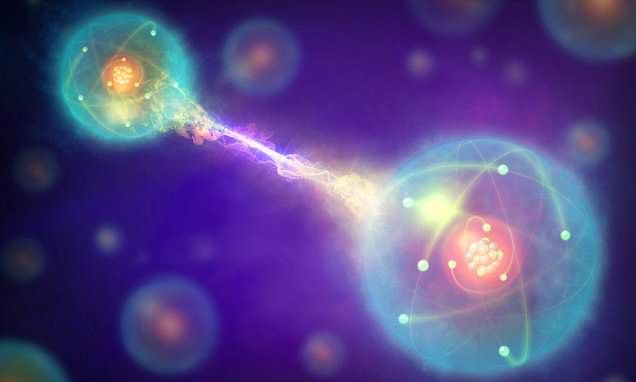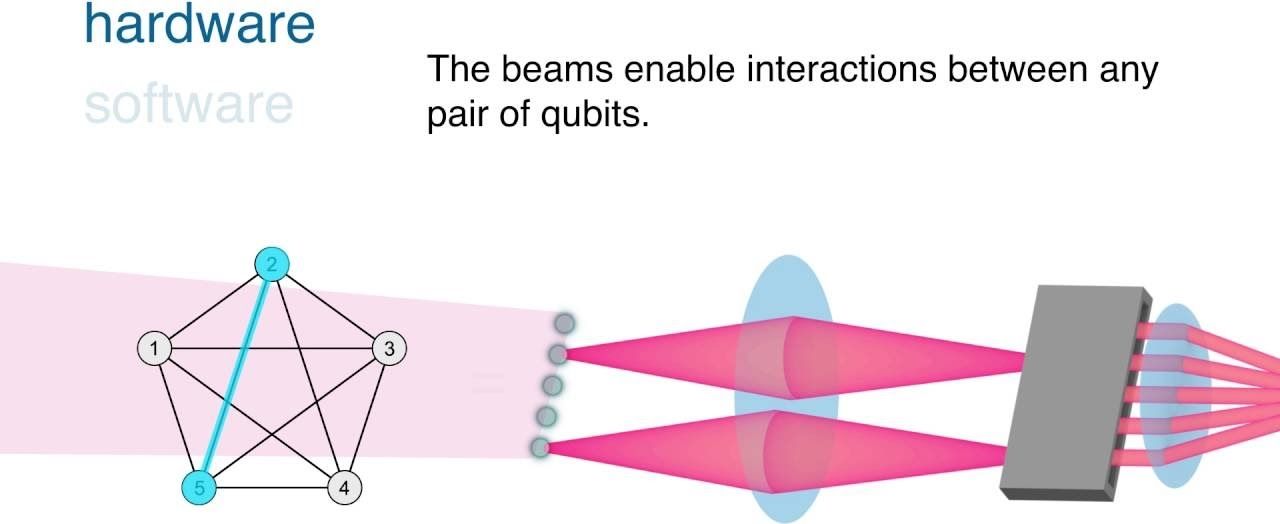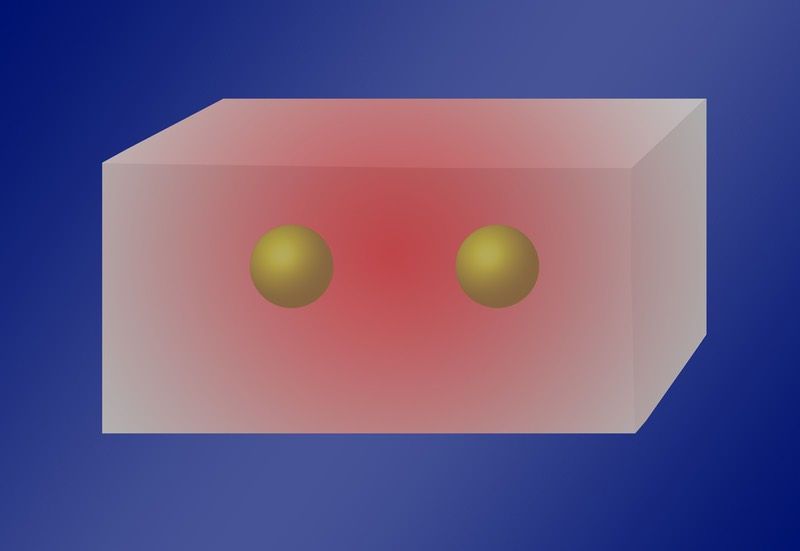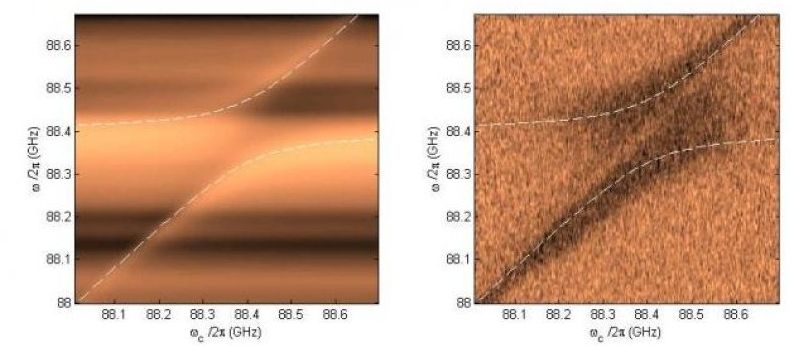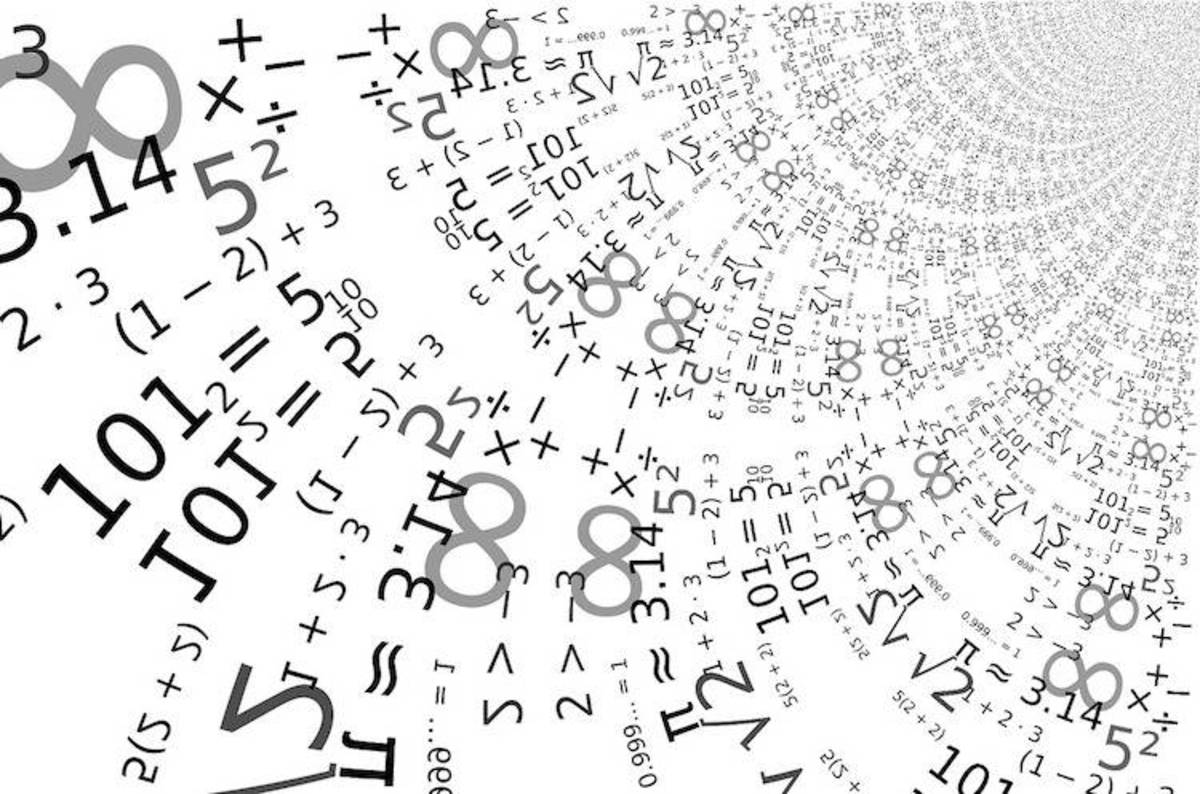
An elliptical light beam in a nonlinear optical medium pumped by “twisted light” can rotate like an electron around a magnetic field.
Magnetism and rotation have a lot in common. The effect of a magnetic field on a moving charge, the Lorentz force, is formally equivalent to the fictitious force felt by a moving mass in a rotating reference frame, the Coriolis force. For this reason, atomic quantum gases under rotation can be used as quantum simulators of exotic magnetic phenomena for electrons, such as the fractional quantum Hall effect. But there is no direct equivalent of magnetism for photons, which are massless and chargeless. Now, Niclas Westerberg and co-workers at Heriot-Watt University, UK, have shown how to make synthetic magnetic fields for light [1]. They developed a theory that predicts how a light beam in a nonlinear optical medium pumped by “twisted light” will rotate as it propagates, just as an electron will whirl around in a magnetic field. More than that, the light will expand as it goes, demonstrating fluid-like behavior.
Read more
